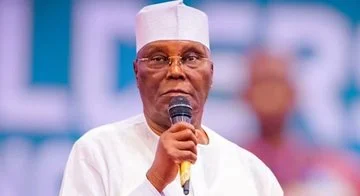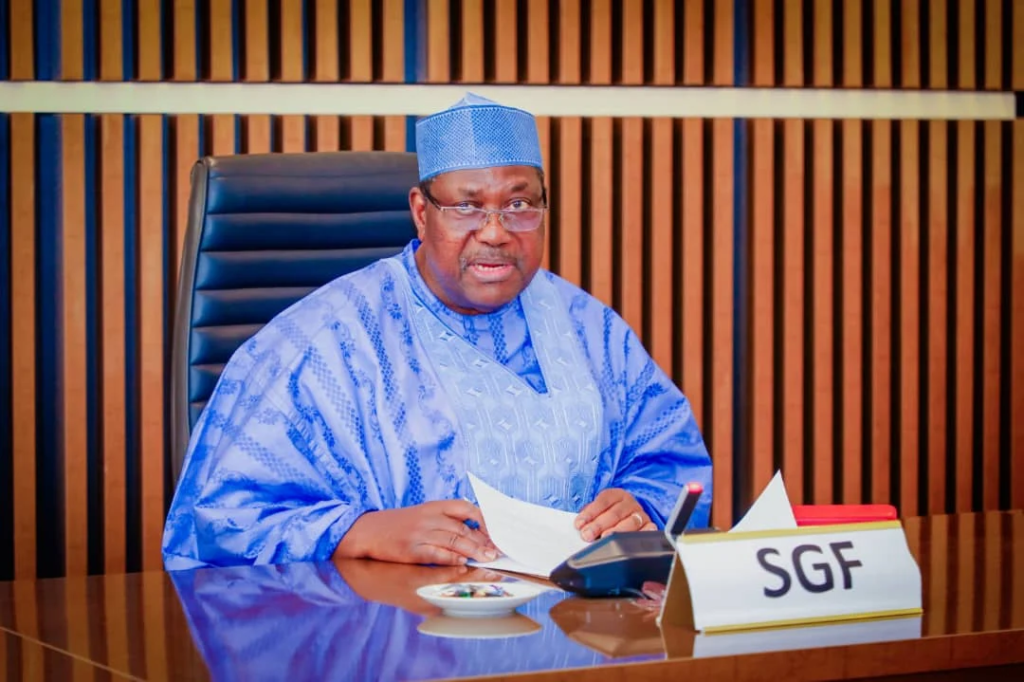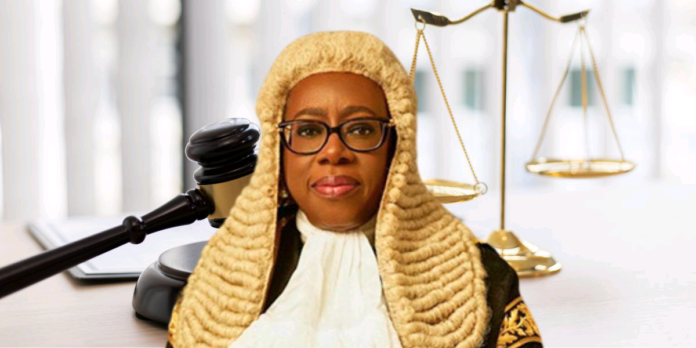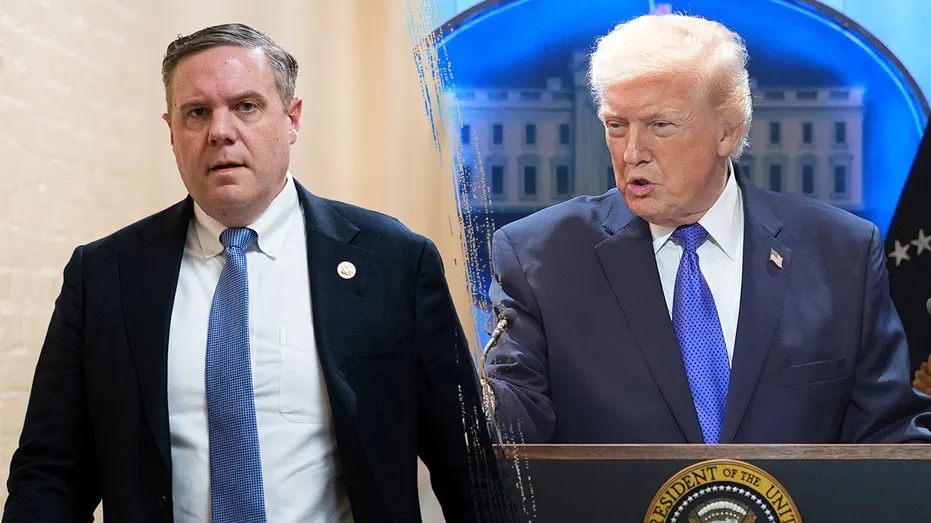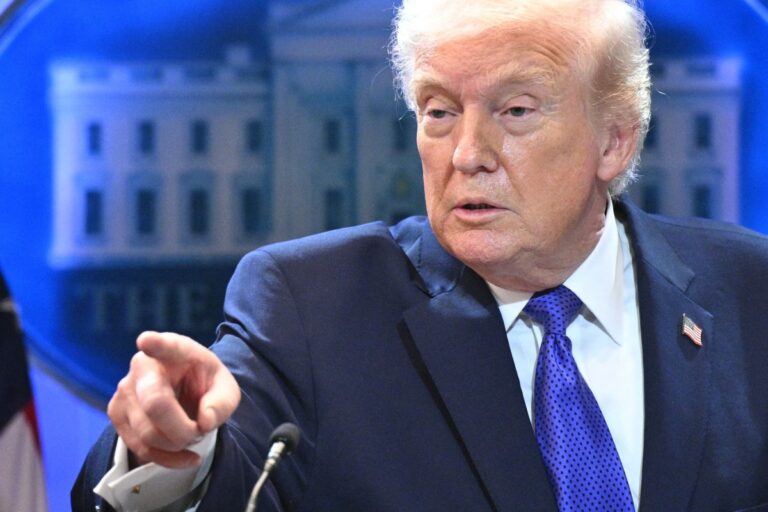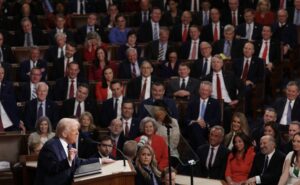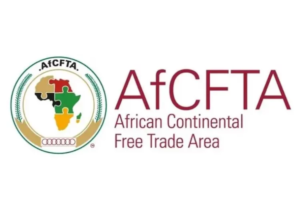The Trump administration has slashed another $450 million in federal funding to Harvard University, deepening a standoff over academic freedom, campus protests, and allegations of anti-Semitism. The move brings the total amount of suspended federal support to over $2.6 billion in recent weeks.
The latest cut, announced Tuesday by a joint federal task force formed under President Donald Trump, accuses the Ivy League institution of “long-standing discriminatory practices” and fostering “institutional disenfranchisement” in the wake of widespread pro-Palestinian demonstrations.
“Harvard’s campus, once a beacon of academic excellence, has devolved into a hotbed of performative activism and discrimination,” the task force said in a statement. “This is not the exercise of academic freedom; it is an abdication of institutional responsibility.”
The funding rollback follows Harvard’s refusal to comply with a sweeping set of federal demands issued on April 11. Those demands included eliminating diversity and equity initiatives, overhauling the university’s disciplinary system, and allowing federal oversight of campus speech and protest activities deemed anti-Semitic. The administration also sought undisclosed “structural and personnel changes” to promote “viewpoint diversity,” a term that critics say masks political interference.
President Trump has framed the crackdown as part of a broader push to bring elite universities in line with what he calls “American values.” He has repeatedly condemned student-led pro-Palestinian protests as “illegal” and accused them of inciting hatred — claims student groups deny, describing their activism as nonviolent support for Palestinian human rights.
Harvard President Alan Garber pushed back forcefully, warning that the administration’s actions amount to unconstitutional government overreach. In a letter to Education Secretary Linda McMahon, Garber defended Harvard’s autonomy and its commitment to academic freedom.
“No government — of any political persuasion — should dictate what universities can teach, who they admit or hire, or what they are allowed to research,” Garber wrote. “Harvard will not compromise its foundational principles under the threat of financial coercion.”
The confrontation echoes a similar case at Columbia University earlier this year, where pro-Palestinian protests led to mass arrests and the suspension of federal funding. Columbia eventually agreed to federal terms to regain access to $400 million in aid — a decision civil liberties groups criticized as undermining free speech and academic independence.
The growing tensions between the Trump administration and higher education institutions come amid renewed scrutiny of elite universities’ governance models, funding structures, and responses to political dissent. Trump allies have also floated the possibility of revoking Harvard’s tax-exempt status — a move legal scholars warn would face significant constitutional challenges.
Though Harvard has remained defiant, the escalating pressure underscores the vulnerability of universities heavily reliant on federal grants, and the uncertain future of academic freedom under growing political scrutiny.















